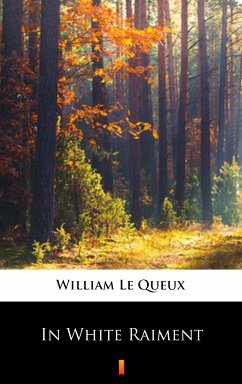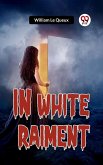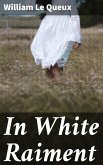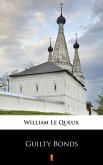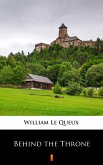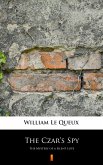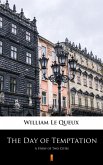So strange, indeed, were all the circumstances, and so startling the adventures that befell me in my search after truth, that until to-day I have hesitated to relate the narrative, which is as extraordinary as it is unique in the history of any living man. If it were not for the fact that a certain person actively associated with this curious drama of our latter day civilisation, has recently passed to the land that lies beyond the human ken, my lips would have perforce still remained sealed.
Dieser Download kann aus rechtlichen Gründen nur mit Rechnungsadresse in A, B, BG, CY, CZ, D, DK, EW, E, FIN, F, GR, HR, H, IRL, I, LT, L, LR, M, NL, PL, P, R, S, SLO, SK ausgeliefert werden.

